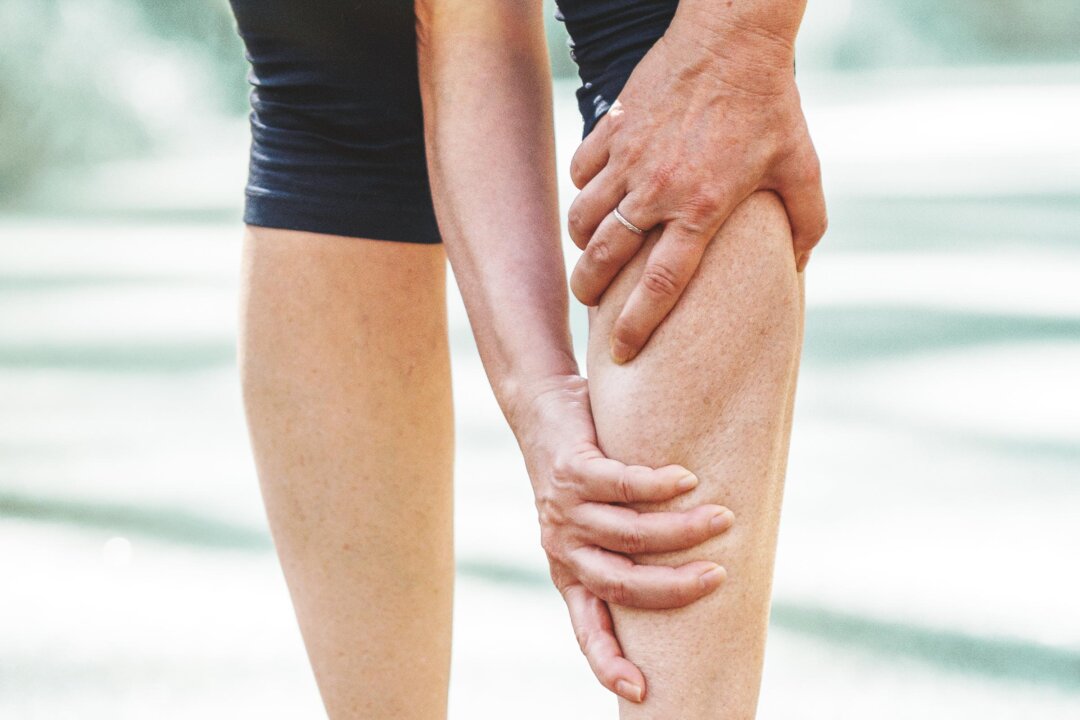Muscle cramps, often experienced as sudden, painful contractions, can disrupt sleep and cause discomfort. They are particularly common during the summer months when high temperatures lead to increased sweating and potential dehydration. While conventional medicine typically attributes cramps to the loss of electrolytes, Traditional Chinese Medicine (TCM) offers a broader perspective, interpreting these spasms as indications of depleted energy, fluids, and nourishment.
Understanding the mechanics of muscle cramps is crucial for prevention and alleviation. Prolonged sweating can result in significant losses of water and essential electrolytes such as sodium, potassium, and magnesium. These minerals play a vital role in muscle function and nerve signaling. When electrolyte levels become imbalanced, calcium regulation within muscle cells can be disrupted, leading to involuntary contractions—commonly referred to as cramps or “charley horses.”
Dehydration and Electrolyte Imbalance
During hot weather, the body is prone to dehydration, which can exacerbate the occurrence of muscle cramps. According to health experts, maintaining adequate hydration is essential. Drinking water alone may not suffice, as fluid loss during sweating also leads to the depletion of vital electrolytes. Replenishing these minerals can significantly reduce the risk of cramps.
To counteract this, individuals are encouraged to consume electrolyte-rich beverages or foods. Natural sources of electrolytes include bananas, avocados, and coconut water. These foods can help restore balance and provide the nutrients necessary for optimal muscle function.
Acupressure and Herbal Remedies
In addition to hydration, TCM suggests that targeted acupressure can aid in alleviating muscle cramps. This technique involves applying pressure to specific points on the body, which can enhance energy flow and promote relaxation in the affected muscles. For instance, pressing on the BL57 acupoint, located near the calf, may help relieve tension and reduce cramping.
Herbal teas also play a significant role in TCM’s approach to muscle cramps. Certain herbs have been noted for their anti-inflammatory properties and can assist in muscle recovery. For example, chamomile and ginger teas are often recommended for their soothing effects. Drinking these herbal infusions can not only provide hydration but also support overall muscle health.
Incorporating these methods—adequate hydration, acupressure, and herbal remedies—can lead to quicker recovery and potentially eliminate the occurrence of painful muscle cramps. As summer approaches and temperatures rise, individuals may find it beneficial to explore these holistic strategies for muscle care.
By understanding the underlying causes and employing a combination of traditional and modern practices, people can take proactive steps to manage muscle cramps effectively.







































































